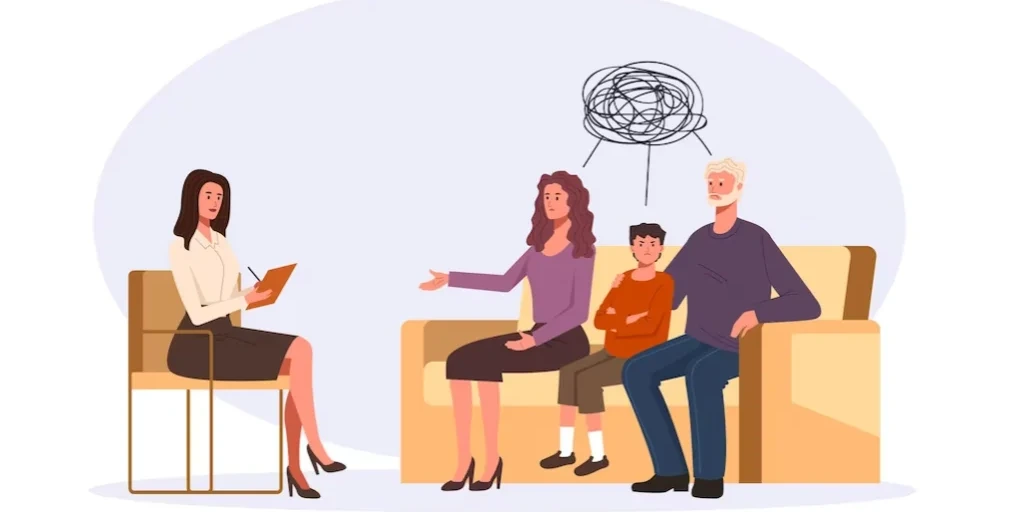24/7 Helpline:
(866) 899-221924/7 Helpline:
(866) 899-2219
Learn more about Aftercare Support centers in Grundy Center
Aftercare Support in Other Cities

Other Insurance Options

Medical Mutual of Ohio

Highmark

Self-pay options

MVP Healthcare

Humana

Optum

Health Net

Anthem

EmblemHealth

PHCS Network

Providence

Aetna

AllWell

Health Partners

Optima

Group Health Incorporated

Ambetter

Lucent

Absolute Total Care

Kaiser Permanente


Pine Rest Christian Mental Health Services
Pine Rest Christian Mental Health Services - Washington Avenue is located in Holland, Michigan. Pine...

Community Mental Health Services
Community Mental Health Services is a public rehab located in Holland, Michigan. Community Mental He...

Ottagan Addictions Recovery – Harbor House for Women
Ottagan Addictions Recovery - Harbor House for Women is a residential treatment facility for women a...

Ottagan Addictions Recovery
Ottagan Addictions Recovery offers outpatient and intensive outpatient services for individuals affe...

Pathways
Pathways - Century Lane offers outpatient treatment for individuals with alcohol and/or substance ad...

Holland Alano Association
Holland Alano Association is a private rehab located in Holland, MI. Holland Alano Association speci...

Ottagan Addictions Recovery – Chester A. Ray Center for Men
Reach for Recovery is a drug and alcohol recovery center in Holland, MI. The CARF accredited facilit...

Hope Network, The Development Center
Hope Network, The Development Center is a private rehab located in Holland, Michigan. Hope Network, ...

Lakeshore Counseling Services
Lakeshore Counseling Services is a private rehab located in Holland, Michigan. Lakeshore Counseling ...

Conrad Center for Mental Health
Conrad Center for Mental Health is a private rehab located in Conrad, Montana. Conrad Center for Men...

Center of Solutions
Center of Solutions is a online professional mental health and substance center that provides assess...

















































































